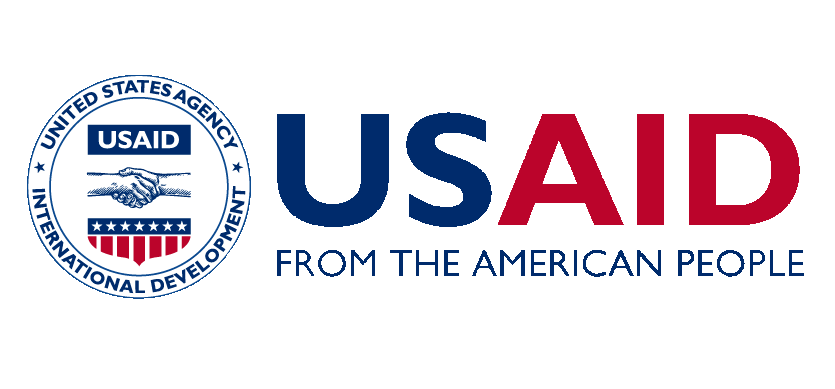Global Warming Policy: Is Population Left Out in the Cold?
The authors suggest that four misperceptions by many in the climate change community play a substantial role in neglect of the topic of the relationship between population dynamics and risks from global warming, and propose remedies for the Intergovernmental Panel on Climate Change (IPCC) as it prepares for the sixth cycle of its multiyear assessment process.


